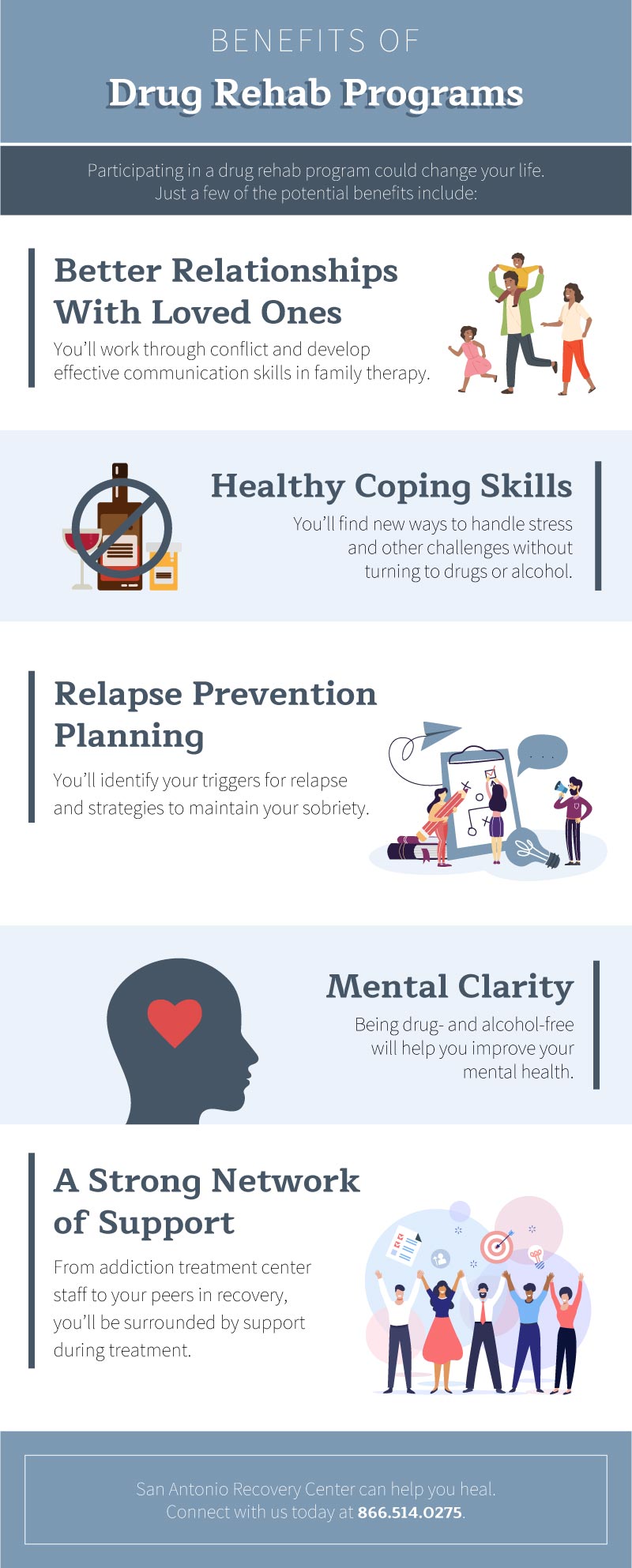Compassionate Care: Checking Out Addiction Treatment Centers Near You
Compassionate Care: Checking Out Addiction Treatment Centers Near You
Blog Article
Browsing the Trip of Cleansing in the Comprehensive Addiction Therapy Program
The process of detoxing holds a substantial role in breaking the physical reliance on substances and preparing the individual for the succeeding stages of treatment. As individuals grapple with the challenges of withdrawal signs and symptoms and the unpredictabilities that exist ahead, having an organized plan and a durable support system in location comes to be extremely important.
Relevance of Detoxing in Recuperation

Detoxification sets the foundation for the remainder of the dependency therapy program by preparing the person for additional treatment and therapy. By cleaning the body of materials that have actually been clouding judgment and influencing actions, detoxification enables patients to approach their healing with a more clear mind and stronger focus.
Furthermore, cleansing assists in managing the potentially severe withdrawal signs and symptoms that might arise when drug or alcohol usage is quit. Physician carefully keep an eye on individuals during detox to guarantee their security and supply essential assistance. With this process, people can begin their journey towards soberness with a maintained physical and psychological state, increasing the possibility of a successful recuperation.
Understanding the Detox Refine
Detoxing, an essential component of dependency treatment programs, involves an organized process focused on safely eliminating damaging materials from the body to help with a successful recuperation journey. The detoxification process commonly starts with an evaluation to evaluate the individual's substance usage history, physical wellness, and mental health. This assessment helps medical care professionals establish the most ideal detox strategy tailored to the person's needs.
During detoxification, the body goes through withdrawal as it adapts to the lack of the compound. Withdrawal signs and symptoms differ depending on the kind of compound made use of, the duration of usage, and individual variables. Clinical supervision during detox is important to take care of withdrawal signs and guarantee the individual's safety and security and comfort.

Handling Withdrawal Signs And Symptoms

Drugs may visit our website be utilized to reduce details withdrawal symptoms and minimize pain. Medicines like methadone or buprenorphine can help handle opioid withdrawal signs and symptoms, while benzodiazepines might be used for alcohol withdrawal. It is crucial for doctor to carefully monitor the person's action to these medications to ensure their security and efficiency.
Along with medicinal interventions, encouraging treatments such as counseling, peer support system, and all natural methods like helpful hints mindfulness meditation or yoga exercise can help individuals deal with the psychological and psychological difficulties of withdrawal. By resolving withdrawal signs and symptoms comprehensively, doctor can enhance the detoxification experience and support individuals on their journey to recovery.

Assistance Equipments During Detox
Assistance systems play a critical role in offering psychological and social aid to individuals undergoing cleansing in addiction treatment programs. During the detox process, individuals commonly experience a variety of physical and mental withdrawal symptoms, making this phase challenging - Addiction Treatment Center. Having a strong support system in location can dramatically influence the person's capacity to navigate through detox successfully
Family members, good friends, assistance teams, and health care experts are crucial elements of the assistance system. Household members and pals can provide support, understanding, and a feeling of belonging during this challenging time. Support system give a system for individuals to get in touch with others that are experiencing similar experiences, offering a feeling of area and shared understanding. Medical care specialists, consisting of counselors, specialists, and physicians, play a crucial duty in keeping an eye on the individual's progress, offering medical assistance, and providing guidance throughout the detoxification process.
Looking Ahead: Life After Detox
Having effectively finished the detoxing phase, people in addiction therapy programs currently concentrate on planning for the obstacles and opportunities that lie ahead in their trip towards healing. Life after detox notes a critical change duration where people have to remain to develop on the progression made throughout detox to keep their soberness. It is essential for individuals to recognize that the journey towards recuperation is recurring and calls for devotion, dedication, and a willingness to embrace change.
One trick element of life after detoxification is the growth of dealing systems to take care of triggers and the original source food cravings that might occur. This may entail finding out brand-new skills, such as mindfulness practices, cognitive-behavioral techniques, and stress management strategies, to navigate difficult circumstances without resorting to material usage. Furthermore, people are urged to actively involve in ongoing treatment, support system, and aftercare programs to strengthen their assistance network and get guidance as they browse the intricacies of life post-detox.
Conclusion
To conclude, cleansing is an important component of the thorough dependency therapy program. Comprehending the detox procedure and managing withdrawal signs and symptoms are crucial steps towards healing. Support group play a considerable role throughout this difficult journey. Addiction Treatment Center. Looking in advance, life after detox holds assurance for a healthier, substance-free future. It is essential to acknowledge the value of detox in the process of overcoming addiction and moving in the direction of a life of sobriety.
Medical guidance throughout detox is vital to manage withdrawal signs and make sure the person's safety and convenience.
By recognizing the detoxification process and its significance in damaging the cycle of addiction, people can embark on a path towards lasting healing.
Throughout the detox process, people usually experience a variety of physical and mental withdrawal signs, making this phase difficult. Medical care specialists, including specialists, physicians, and therapists, play an essential role in keeping an eye on the person's progression, giving clinical assistance, and using support throughout the detoxification procedure.
Life after detox marks an important shift duration where people need to proceed to develop on the development made during detox to keep their soberness.
Report this page